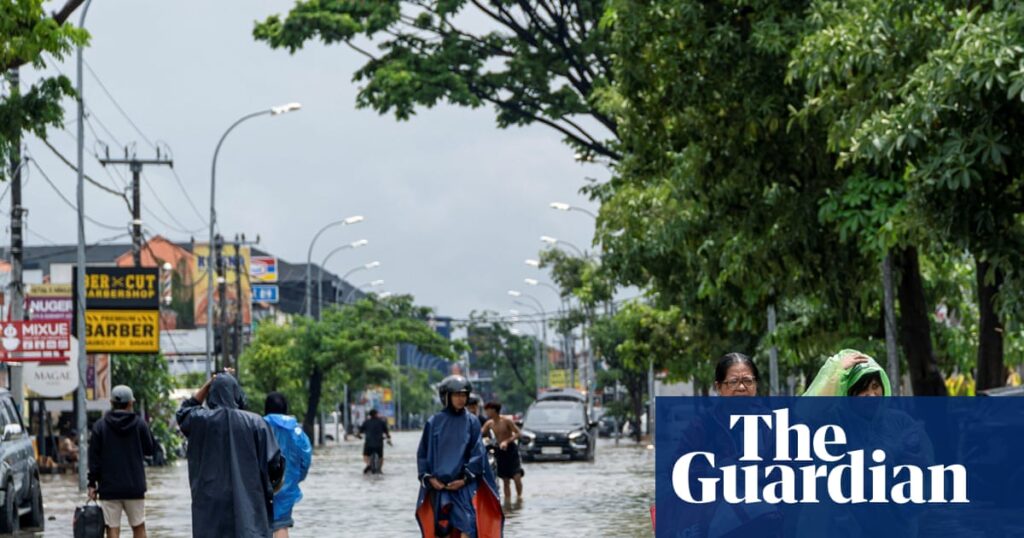
Indonesia has announced a ban on the construction of new hotels and restaurants on agricultural land in Bali, following devastating flash floods that claimed the lives of at least 18 people. The decision aims to address the environmental impact of mass tourism on the island, which has been a growing concern for years.
A state of emergency was declared on Bali on September 10 after the island experienced its most severe flooding in over a decade. Triggered by heavy rainfall, the floods caused extensive damage to homes, public facilities, and infrastructure, affecting thousands of residents across Denpasar and surrounding areas.
Environmental Concerns and New Regulations
Environmental activists have long warned about the detrimental effects of mass tourism on Bali, advocating for stricter regulations to prevent land conversion. They argue that such measures would mitigate the risks of flooding and other natural disasters. In response to these concerns, Bali Governor Wayan Koster announced new rules this week.
“Starting this year, yes, there is already an instruction to all heads of districts and mayors across Bali,” Koster stated on September 14, as reported by Indonesia’s state news agency, Antara. “After handling the floods, we will meet again to ensure no more permits are issued for hotels, restaurants, or other facilities on productive land, especially rice fields.”
“Starting this year, the land conversion ban will align with Bali’s 100-year plan. From 2025 onward, no productive land can be converted into commercial facilities.”
Impact of Tourism and Overdevelopment
Bali, renowned for its lush rice paddies and stunning beaches, has undergone rapid transformation over the past 50 years. The influx of hotels and resorts has led to complaints from locals and tourists alike about traffic congestion, pollution, and unruly behavior from visitors.
Last year, Indonesia proposed a moratorium on new hotel developments amid fears of overdevelopment, but the plan did not materialize. The newly announced bylaws are expected to be implemented by the end of 2025, marking a significant shift in policy.
This move comes after Indonesia’s meteorology and climate agency warned of an extreme rainy season this year, exacerbating the ongoing waste crisis that has worsened flooding in several regions, including Bali.
Climate Change and Flooding
Flooding is a common occurrence in Indonesia during the wet season, which typically spans from September to March. However, scientists attribute the intensification of the rainy season to the climate crisis, which is causing heavier rainfall and more frequent flash floods. Overdevelopment and widespread deforestation are believed to be exacerbating the impact of these floods.
Indonesia’s Environmental Minister, Hanif Faisal Nurofiq, emphasized the importance of the new bylaws for the island’s future. “This is also crucial for Bali’s tourism as the recent flooding has drawn serious attention,” he noted. “I actually told the governor last week that I really hope he will immediately stop the land conversions in Bali. This is extremely important.”
Extreme rainfall is more common and more intense because of human-caused climate breakdown across most of the world, particularly in Europe, most of Asia, central and eastern North America, and parts of South America, Africa, and Australia.
Looking Ahead
The announcement represents a pivotal moment for Bali, as the island grapples with balancing economic development and environmental sustainability. The new regulations are expected to curb the rapid expansion of tourism infrastructure, preserving the island’s natural beauty and reducing the risk of future natural disasters.
As the world continues to face the challenges of climate change, Bali’s decision could serve as a model for other tourist destinations grappling with similar issues. The effectiveness of these measures will be closely watched by environmentalists and policymakers alike, as they seek to protect both the island’s ecosystem and its vibrant tourism industry.







